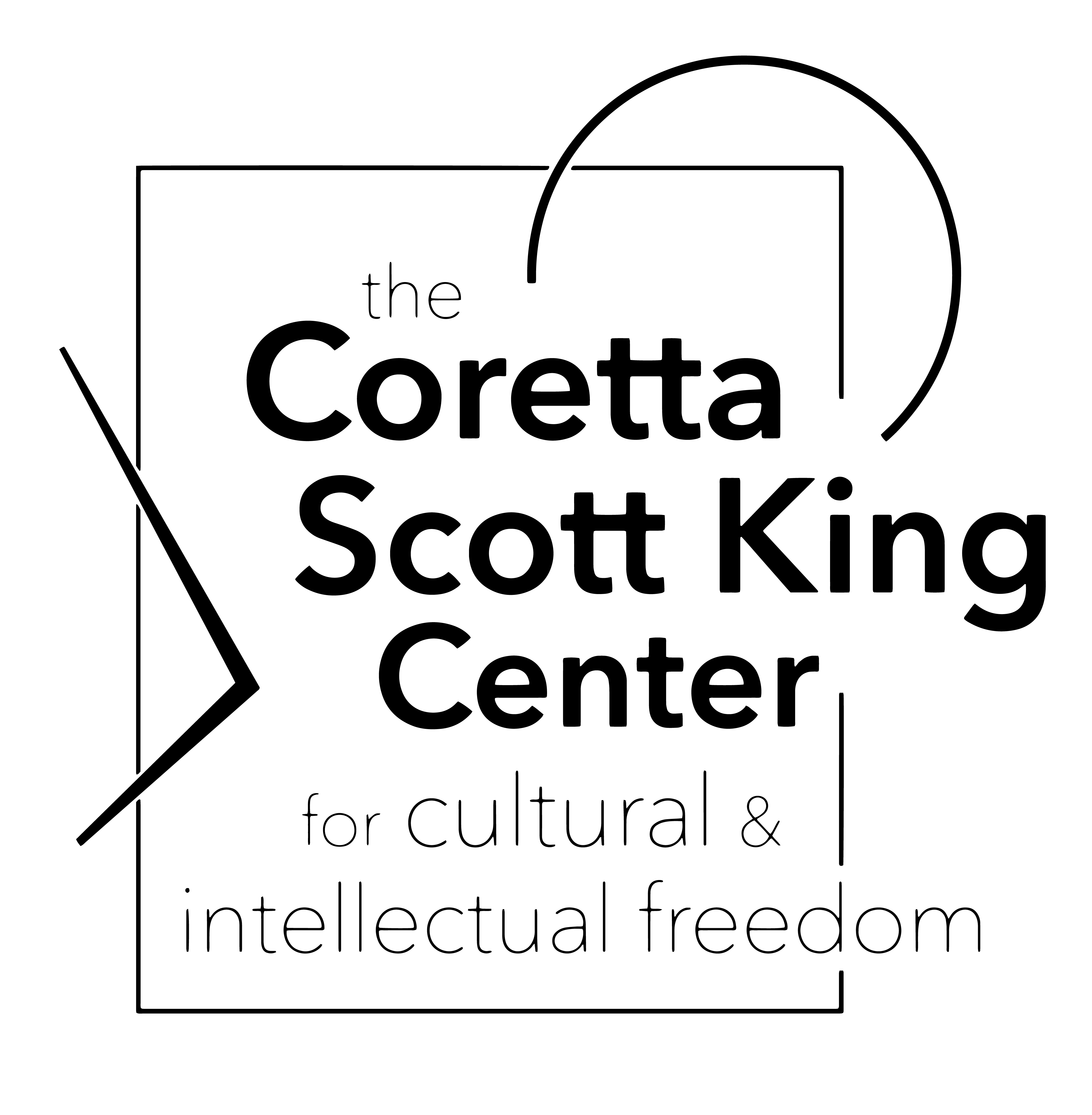Coretta Scott King Center Programs
The Coretta Scott King Center offers a number of programs focused on education and action around racial and social justice. The center serves both the Anticoh College community as well as communities in the surrounding areas.
Please visit our events page for information on upcoming events as well as more information about events connected to the programs listed below.
We welcome the opportunity to collaborate with different organizations and individuals. Please contact us about any possible collaborations.
For more information about any of the programs listed below, please contact cskc@antiochcollege.edu.
Current Programs and Projects
BIPOC and LGBTQIA+ Student Resource Center
The BIPoC and LGBTQIA+ Student Resource Center serves as a gathering space for students to build community, relax, convene, and study. The space contains a library with racial and social justice focused books as well as a pamphlets and brochures about gender identity, sexuality, and sex. Students are encouraged to use the resources in the center as well as request resources that they would like to have added to the space.
The Antioch Community Care Project
The Antioch Community Care Project creates opportunities for different members of the Antioch community to work collectively to create a culture of care on campus. The project developed out of a workshop facilitated by Lark Orbe and Queen Zabriskie on Community Day during the Winter 2024 term. Currently, the project facilitates a bi-weekly walking group in order to support greater health and wellness on campus. Participants gather to walk for 30-45 minutes around the campus. Individuals can walk for as much or as little as they please.
Projects We Support
The Native Apothecary Garden
The garden originated from student efforts a decade or so ago, but it was reinvigorated when Irene Bedard and Dawn Knickerbocker came with the idea of establishing a healing garden on campus at a time when the pandemic was weighing heavily on our community. Students then created the Apothecary Collective as a structure to intentionally invest in and sustain the garden space. The Apothecary Garden centers the use of gardening as a tool for organizing and community building. Specifically, the garden is part of an ongoing effort to create educational spaces that are welcoming and open to students from indigenous communities, organize with indigenous community, and facilitate learning about and engaging in decolonial praxis. Additionally, the garden is part of efforts on campus to develop sustainable pathways to a way of life that is more connected with the land, engage in culturally sustaining cultivation practices that are in tune with different cultural practices and rituals, as well as be more present to how we physically engage with the land and our physical spaces on campus.

